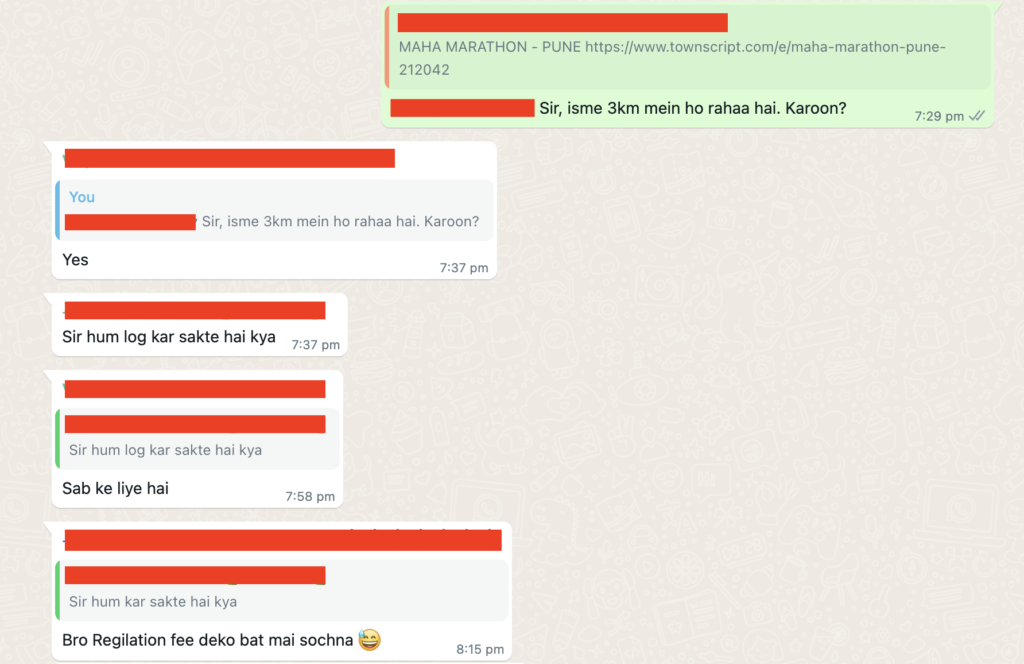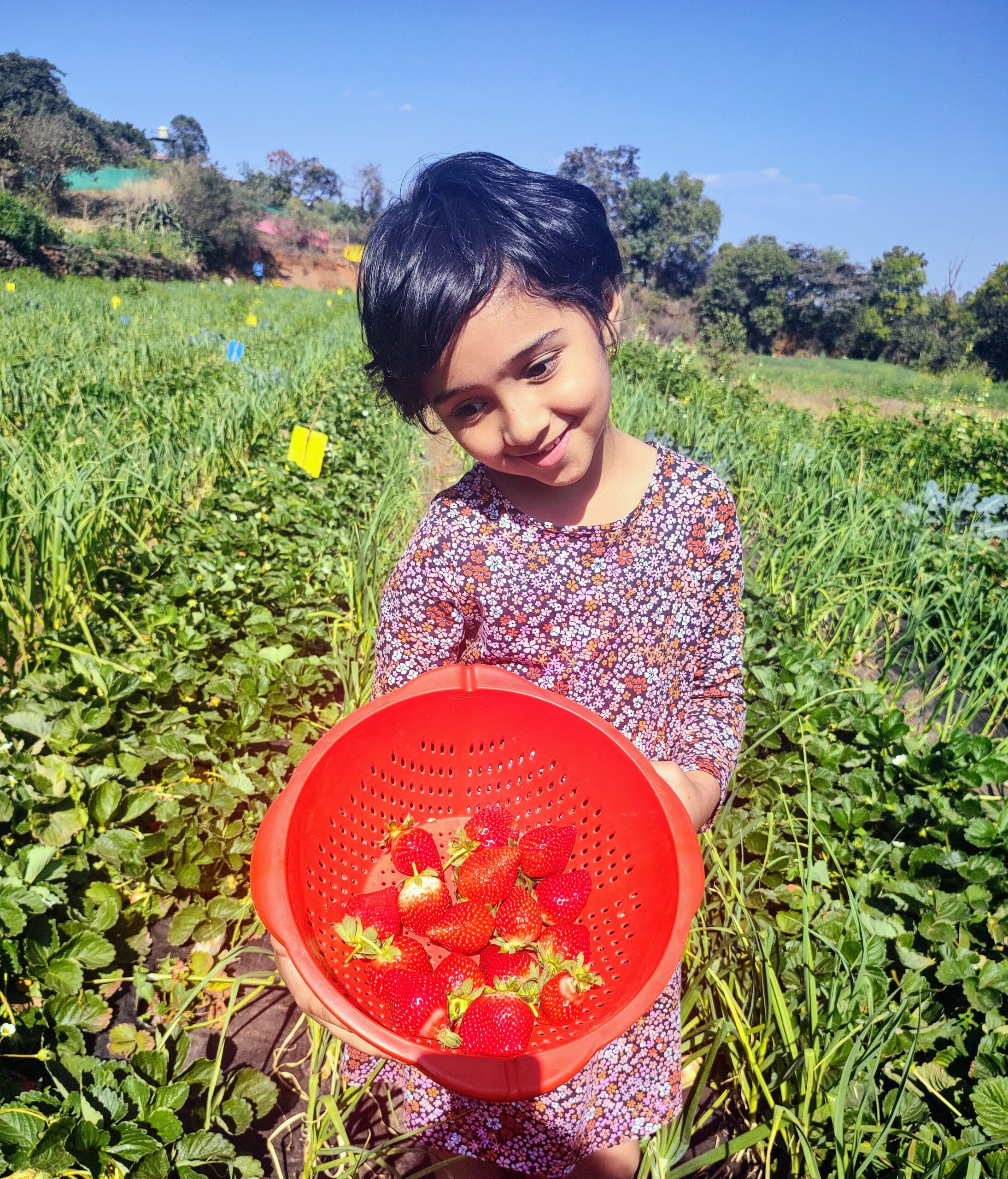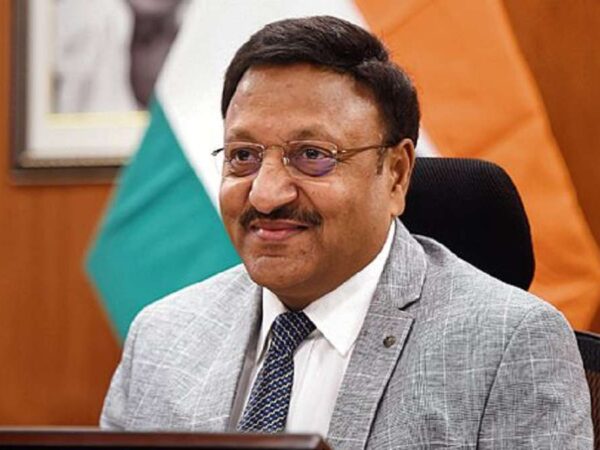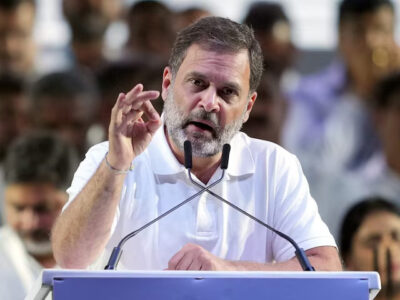 Recently, I had a difference of opinion with someone on a homeschooling group about whether English should be taught to Indian students from the start or whether their mother tongue must be used for the first 5 years of education, switching to English only in Class VI. We were discussing the New Education Policy, which I had indicated I liked but for a few issues like the whole ‘Indo-centric history’ (we all know what that means) and the emphasis on mother tongue at the cost of English.
Recently, I had a difference of opinion with someone on a homeschooling group about whether English should be taught to Indian students from the start or whether their mother tongue must be used for the first 5 years of education, switching to English only in Class VI. We were discussing the New Education Policy, which I had indicated I liked but for a few issues like the whole ‘Indo-centric history’ (we all know what that means) and the emphasis on mother tongue at the cost of English.
This is how the conversation went more or less:
Me: ‘English is the world’s and the internet’s language. It is what catapulted us into the world’s fastest-growing economy once. China is struggling to catch up with the world by teaching its citizens English. We got lucky. We should not have fixed what wasn’t broken. Other than that, most of this is good news for Indian students and parents. Anyway, it affects homeschoolers only in a few instances, and so, other than be happy for other students, there is little in terms of reaction we can give.’
Homeschooling Parent: ‘If China is struggling with English, why are they on their way to becoming the biggest economy in the world?’
Me: ‘I think you should ask this to the Chinese government and Chinese citizens, all of whom are desperate to learn English. They even take on ‘English names’ (which are different from their given Chinese ones). The future is English. We do not need to learn it. Our system is already built for it. All that was needed was not to break it. As for why China is a tiger economy, there are several reasons, from slave labour to currency manipulation to weak IPR regimes to hidden subsidies to state control of private enterprises to shrewd diplomacy, none of which has anything to do with language. That said, the Chinese know how important English is. We should not forget.’
Homeschooling Parent: ‘But English is not our language. It is a colonial hangover that was imposed on us from outside. Why should we not take the first opportunity to discard this and revert to our original mother tongues, of which we have so many and such rich literature and heritage? Also, Hindi is our national language, isn’t it?’
Me: ‘English is the link language of India. Not Hindi (which is not our national language, by the way), as some may have us believe. English is also the language of the internet. Just look at us here and the language we prefer to use for everyone to understand it. English is the language of technology, including architecture, computers, engineering, medicine, and pure sciences. My point is that we already have English built and baked into our system. All we had to do was reinforce and enhance it, not dismantle it. India is a country of many languages. Let people choose their second and third. English, or at least as she is spoken here, is indeed an Indian language now. We will be doing a great disservice to ourselves and our future generations by discarding what was already available. That is all. You may disagree. But this is my opinion on the subject.’
Homeschooling Parent: ‘My view is that money has no language. Economic success like China’s depends on the tactical understanding of concepts and situations. India’s most glorious days in ancient history were non-English. The richest Indians (Ambani, Adani, Ramdev, etc.) are not so well versed with English, though I agree that they employ English speakers. All languages are important, but in early childhood, we must use the language in which the child is most comfortable to help them understand the fundamentals and concepts. Firm roots grow into healthy trees. Till my child was 8 years old I found it easier for her to use her mother tongue. She imbibed so much knowledge from her parents, grandparents, and surrounding people that would not have been possible in English. When she touched 9, within a year’s time she picked up English as well. She is ready for the sky and rooted well in Indian tradition too.’
Me: ‘Fair point about your child. Unfortunately (or rather, fortunately), we people (everyone in this group, in our families, and part of our friends’ circle, both online and offline) are but a fraction of a percentage in terms of population. Even if we are what we think is “poor”, we are still in the top 5%. Why is that important? Because privilege. We are mostly those who have won the genetic lottery and got lucky. We can tell our children (and this is especially true for homeschoolers) to, “Ja Simran, jee le apni zindagi”. We not only have no problems, but we actively encourage our kids to do stuff outside the beaten path. We want them to pursue sports or play an instrument or write poetry or take up pure sciences or whatever without much of a view to “you must start earning by 16, else you’ll starve”.
The rest of India, the balance 95-99%, see education, and specifically English education, as a way out of poverty, some of it so extreme that people like us can’t even begin to imagine it. And they are not making this up. The truth is that they don’t have the luxury of growing up speaking their mother tongue and then, when they are 9 or 10, suddenly picking up English. Our kids can and do, mainly because we parents are fluent in the tongue and that’s why they transition quickly when needed. As I said, 95% of Indians aren’t. We cannot sit on our perches of privilege and destroy their chances of catching up. English is a passport out of poverty. We all know that. So does the poor parent. Ask any poor labourer or farmer what, if money were no object, they’d do. I can bet my last paisa that 8 out of 10 will say, “Bachhon ko Angrezi school se padhaa likhaa ke badaa karnaa hai.” [Translation: “The kids must study in English and succeed in life.”]
We are privileged. Especially us homeschoolers. And most of us are aware of it. Let us not be blind to what lack of this privilege does to those who aspire to rise.’
This conversation was fresh in my mind when something happened, in another group, on another WhatsApp chat, almost on another planet. This post is about that.
You see, my daughter loves to run, as almost anyone who has read even one article I have written knows by now. We have entered her into several races so she gets a taste of competition. She has a medal rack in her room that may soon need replacing because it’s almost full. Her timing has been consistent (68m:59s for 10km has been her personal best), but while her endurance is up, her pace and agility, flexibility and lightness on her feet are down. So, when I saw a group of 30-odd athletes (kids, actually) practising, I decided to ask who their coach was and enrolled her in ‘Yadav Sir’s’ class. For a mere Rs.1,000 a month, she now gets training with other athletes for 2.5 hours every day (0530-0800h IST), 5 days a week. That’s brilliant VFM.
Most importantly, of the 30+ students this coach has, almost everyone looks at athletics as a path out of (sometimes extreme) poverty. These are not rich kids sent to a fancy athletics training centre by their parents with the car and driver in the morning, where they spend most of the time avoiding the coach’s eye so they can chit-chat and lounge about and not have to really sweat, as they peer into their phones and upload Insta stories about how inspirational and fit their lives are. These are people who are training so they can get into the police or the military or railways or Air India or Tata Steel or some bank, or one of many such private and public sector enterprises that have a sports quota for employment. These are those who burn with the aspiration of winning a medal for India, or at least for their state, not only for the glory, but also the financial rewards that inevitably follow. These are those that go to government-funded schools and colleges and pool money to buy eggs and bananas at wholesale rates because it’s cheaper that way. They train on a hill next to a temple, beginning with first sweeping the floor where they stretch, and then running on public roads, working out in open-air gyms, and ending it by coming back to their basic motorbikes (bought not for show or style but for the mileage they provide per litre of petrol) where they travel to their colleges triple seat. The only talk on the WhatsApp group (other than training schedules and workout programs) is about police recruitment or CRPF openings and similar news links.
But that is not the story. A week ago, I spotted two races in Pune (one in February and one in March) where I could enrol my daughter. Now, normally, she runs 10km, but I thought I’d ask the coach, which was a good idea because the coach said I should enter her for shorter distances now. So, 5km and 3km it was respectively in the two races. I immediately registered her and sent the coach the confirmation.
But even that is not the story. The messages that I exchanged with the coach were being read by others, who also felt they should be able to race too. But one rather wise young man burst their balloon by telling them it costs money, something that I had not thought of at all, even when I paid for Kymaia’s registration! By the way, do you know how much it costs? Rs.600-900. Do you know how much thought I gave before paying that for my daughter? Zilch. Nada. Zero. None. Not one bit.
Now, you tell me: Can I even pretend to speak for or on behalf of such a person who has the ability to run but not the resources to pay to get entry into the local tournament, while the rich man’s daughter, who is merely 7 and has no chance of winning, gets to participate in everything?
THAT is privilege. And I believe that all of us need to be very careful when we speak or claim to speak on behalf of the 95% when we are not really in any position to even understand them, their dreams, their aspirations, and their struggles.
Which brings me to the point about local languages v/s English: You see, I have nothing against non-English languages. My daughter speaks 5 non-English ones, and hopefully will learn even more as she grows. My problem is you and me, and people like us, the top 5% of this country, thinking that English is either easy or quick to pick up by a 9 or 10yo because our own child, born in privilege and growing in luxury, can do so.
I hope I have made my point. Peace out!
P.S: I am sponsoring 2 athletes for every race my daughter enters. So, yes, we should and must do what we can to even the odds and level the playing field when we can. That is literally the least we can do.













![Mr Baba: 'Would you like to take off the backpack now that you've been downstairs for like 30 minutes?'
Ms Kym-Kym: 'I like it like this. You should try it. It's very comfortable.'
Mr Baba: [Pulling on his backpack] 'Hmmm, you're right. That's rather snug.'
Ms Kym-Kym: 'Twinning! Yay!'
#LuckiestManAlive #BearFamily](https://scontent-lax3-1.cdninstagram.com/v/t51.29350-15/416920031_3373151642830342_6696851954454537274_n.webp?stp=dst-jpg&_nc_cat=105&ccb=1-7&_nc_sid=18de74&_nc_ohc=ZMLmjPdSAEUAX8nnJex&_nc_ht=scontent-lax3-1.cdninstagram.com&edm=ANo9K5cEAAAA&oh=00_AfB0olvUVmnenPKd2wCllMDehg5gzDgAbc4BDsGLqIm6pA&oe=65BA4561)

![Kym: 'Mr Baba, can I tell you something wierd? You can actually get tired from doing nothing!!'
Me: 'It is called boredom.'
Kym: 'Noooo. I mean, like physically tired.'
Me: 'One can get tired and sleepy due to boredom. I remember reading about it somewhere. Let's find out.'
[Some Googling later]
Me: 'It says here that "A new paper published in the journal Nature Communications finds that a part of the brain that is associated with motivation and pleasure - the nucleus accumbens - also can produce sleep. The new findings may explain why we have the tendency to fall asleep in the absence of motivating stimuli, i.e., when bored." Isnt it interesting?'
Kym: 'I already knew that. Why do you need to research things we already know?'
Me: [Finding a subject worth talking about now]: ' Ah well, that's what we'll talk of tomorrow on your morning run. It's very interesting the way science is done and our understanding of the universe is expanded.'
Kym: 'Can we talk of unicorns instead?'
Me: 'Sure. How do you know they exist? That's an interesting question too that you can use the scientific method to answer.'
Kym: 'Do they have to exist for us to talk about them? We can just pretend they do for an hour and have fun.'
Me: [Laughing] 'Yes, sure. We can do that too.'
#BabaBabyConversations #BearFamily #KymAndI](https://scontent-lax3-1.cdninstagram.com/v/t51.29350-15/416410840_383105434396466_2267910263456009774_n.webp?stp=dst-jpg&_nc_cat=104&ccb=1-7&_nc_sid=18de74&_nc_ohc=LIozs445JFcAX_48wGC&_nc_ht=scontent-lax3-1.cdninstagram.com&edm=ANo9K5cEAAAA&oh=00_AfDQ2qbb0yO_wUmLj_L0ZxF61eDdwlIN-vyrd8GZe_pBMQ&oe=65BAFA57)










